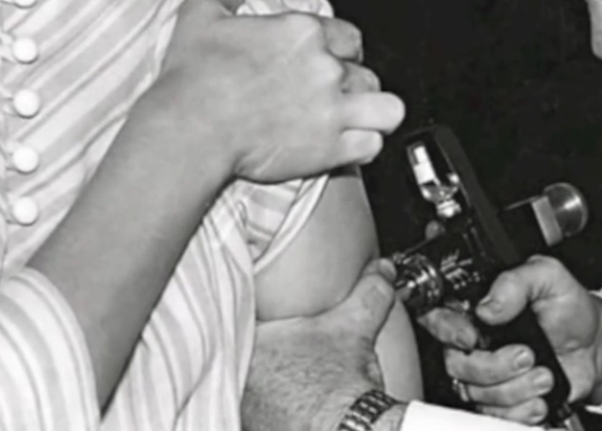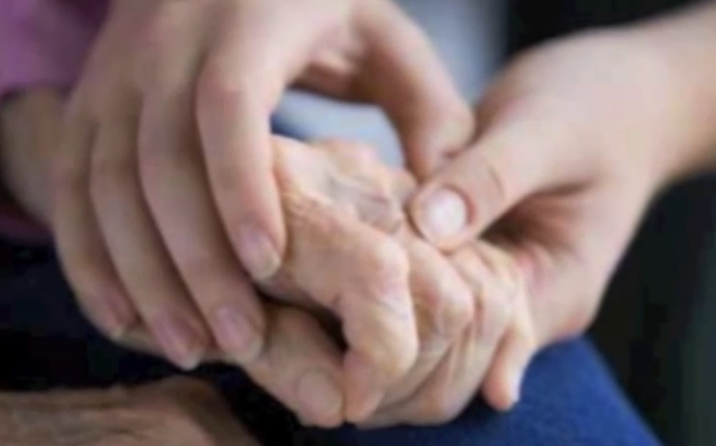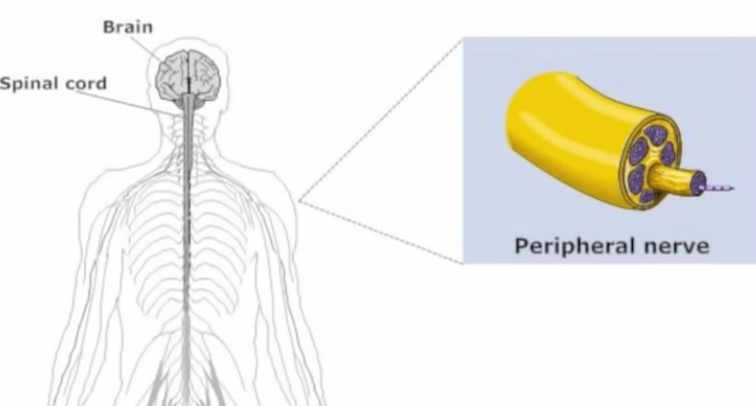Guillain-Barre syndrome is a disease wherein the immune system of the body attacks the nerves. Initial symptoms include tingling and weakness feeling in the extremities of the body. Later, the sensations may spread to other parts of the body eventually resulting in complete paralysis. In very serious cases of this syndrome the affected person has to be hospitalized.
The real cause for Guillain-Barre syndrome is not known. However, when an affected person suffers from a contagious disease like stomach flu or respiratory infections, it is usually followed by Guillain-Barre syndrome. This disorder is not common and affects around one to two persons per hundred thousand people.
There is no cure for Guillain-Barre syndrome, still some treatments may alleviate the symptoms and lessen the time-limit of the disease. Mostly, affected person recovers from the disorder but few may still feel persistent effects like numbness, weakness, or tiredness.
Symptoms of Guillain-Barre Syndrome
Some of the signs and symptoms of Guillain-Barre syndrome are as follows:
- Difficulty in breathing
- Severe pain in lower back
- Inability to walk or unsteady or imbalanced walking
- Feelings of pricking sensations like pins and needles in toes, finger or both
- Heart rate is rapid
- High blood pressure/low blood pressure
- Difficulty in movements of eye and face
- Difficulty in chewing, swallowing, and speaking
- Tingling sensation or weakness in legs that extend to upper part of the body.
- Difficulty in the functions of intestine and bladder control.
Once the signs and symptoms start, the affected person experiences major weakness within 4 weeks. In few cases, symptoms can develop very fast resulting in full paralysis of the arms, legs, and breathing muscles. This may happen within a few hours.
One should consult the doctor immediately if severe symptoms are seen, these include:
- Choking on saliva
- Difficulty in breathing
- Tingling involving both hands and feet
- Weakness or tingling that is spreading very fast
- Tingling starting in feet, and later spreading to other parts of the body
Guillain-Barre syndrome is a serious disorder which tends to deteriorate at a rapid pace. Hence, patients require immediate medical attention. For better outcome, it is necessary to give correct treatments as soon as possible.
Complications
Some complications may occur. These are:
- Cardiovascular problems
- Severe pain. Neuropathic pain may also occur. Patients can get relief by taking pain killers.
- Breathing difficulties
- Guillain-Barre syndrome may lead to bowel and bladder function problems
- Blood clots may occur due to immobility. If unable to walk on their own, then doctor may recommend blood thinners and the use of support stockings
- Bedsores or pressure sores may develop due to immobility. Regular movements can help prevent the formation of pressure sores.
- Residual numbness or other sensations.
Around ten per cent of Guillain-Barre syndrome patient may experience a relapse.Serious untimely signs of this syndrome may lead to serious problems for a long period. In rare cases, a patient may die due to complications such as a heart attack and respiratory distress syndrome.
Guillain-Barre Syndrome Diagnosis
Guillain-Barre syndrome is not easy to detect in its early stage. The symptoms of this disease are like the symptoms related to nervous disorder and can differ from one person to another.
To diagnose Guillain-Barre syndrome a doctor will check the medical history of the patient so that he/she can know and understand the symptoms elicited by the patient.
Mostly, nerve function test and lumbar puncture i.e. a spinal tap are used to detect Guillain-Barre syndrome.
Causes of Guillain-Barre syndrome
All age groups of people may be affected by Guillain-Barre syndrome. Some of the causes may be as follows:
- Infection by the influenza virus
- Surgeries
- Infection with a kind of bacteria called as ‘campylobacter’, which is usually found in improperly cooked food, especially poultry food.
- Mononucleosis
- Virus that causes AIDS, HIV
- Mycoplasma Pneumonia
- Hodgkin’s illness
- Epstein-Barr virus
- In rare cases, influenza immunization or rabies
Treatment of Guillain-Barre syndrome
There is no known cure for Guillain-Barre syndrome. However, treatments reduce the severity of the symptoms and speed-up the recovery. One of the treatment options is plasmapheresis.
- Plasmapheresis: This treatment is also called as ‘plasma exchange’ which a kind of blood cleansing. In plasmapheresis, the liquid part of the plasma is removed and separated from the actual blood cells. These cells are then transferred back into the body, which produces more plasma to compensate for what was taken out. Medical experts feel that this treatment removes from the plasma some antibodies that cause immune system attack on the peripheral nerves.
- Usually, the patient’s hands and legs have to be moved manually so as to keep the muscles strong and supple. This can be done before the patient starts to recover. When the patient recovers slowly, physical therapy should be given as it will aid to regain stamina and strength. Also it will help in proper movements of the body so that body parts can function on their own. The patient may have to opt for training with adaptive devices. For example braces or wheelchair for mobility, or self-care skill.
Though few patients may take months or even years to get well, mostly it occurs as follows:
- After the 1st symptoms are visible the condition may worsens for around 2 week.
- Symptoms become very serious within 4 weeks
- Recovery starts which may last from 6 to twelve months, but for some it may take more time like 3 years.
Guillain-Barre Syndrome pictures



lol, yet another site that wont display correctly in K-Melon, bugger